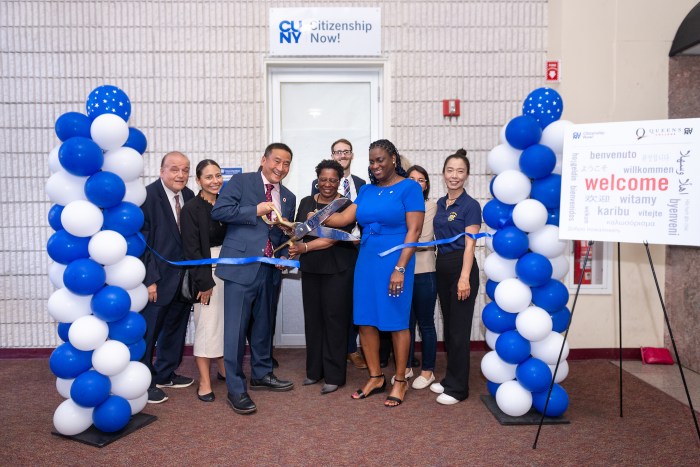By Kenneth Kowald
Readers of this column know I believe I received an excellent education in the city public schools. That continued at City College.
Students in all those venues were expected to work on their studies and pass tests that were designed not only to find out what they had learned, but how they might apply such learning in their lives.
My first shock about the system occurred some years ago, when a friend was a member of the English Department at Queens College. He said the college needed teachers for “remedial English.”
I could hardly believe this. Queens College, then and now, was one of the flagship schools of what became the City University of New York system. Students there needed remediation because they were not up to standards? How could that be?
The night class I taught consisted of about 12 students. With the exception of a young woman, who had gone to Catholic schools, all the rest were products of public education. They were not stupid but had not learned how to read and write English properly. All of them were English-speakers. This was before English as a Second Language entered education. I hope I helped the students.
I recalled those classes when I read recently that a successful Baltimore entrepreneur was not only having trouble filling jobs with skilled people, but because many also lacked basic skills.
He said, “My operators are in constant contact with our customers, so they need to be able to articulate through e-mail. But you’d be surprised how many people can’t do that. I can’t have them e-mailing Boeing or Pfizer if their grammar is terrible.”
Isolated matter? Not at all. There are almost 1,100 elementary and middle schools in New York state. More than 50 percent of the students are not passing the state reading exam. How about cheating? When that happens, it would seem, at a top school like Stuyvesant High School, you begin to wonder. Having someone sit in for you to take the SAT? Happened nearby in Nassau County on the Gold Coast. You need money to buy that illegal service. Where were the parents? What are these children being taught at home?
What happened to education? What lessons and values are we teaching our children and students?
It is clear that a high school education is not enough in today’s economy. Can community colleges help? Can they reverse the lack of proper education of the lower schools? Why should they have to?
I do not know what the answers are. But I think we all know what some of the problems are.
There are too many teachers who do not believe any child can learn if properly taught. They come to work, but they have given up on the kids. They give up because they are not competent, but the paycheck comes in anyhow. No other field of endeavor would support such non-performance for long.
And those in it call it a profession! There are too many students who do not appreciate getting an education. Young mothers and fathers, who have been poorly taught and are the products of a weakening system, do not and cannot spend the time and effort needed to help their offspring. They have little if any respect for education and they are too self-centered to care about the well-being of those they have brought into the world.
Public schools in this nation are a true symbol of democracy in action. They are being undermined at every turn, it would seem, where they are most needed. The suburban school district can uphold decent education because its residents are willing to pay for it. Can our city, state and nation do the same for those in most need?
Are we willing to pay for it? Are we willing to see there are competent, caring teachers who will work with all children, especially those in need? Are we willing to help students understand that education is something they must have? Are we willing to have parents accept responsibility for their childrens’ attitude and work habits?
All this started years ago. It has gotten worse. How bad do we want it to get? Last month, the Organization for Economic Cooperation Development reported that in the United Kingdom, a student whose parents had not graduated from high school had a 60 percent chance of going to college. In the United States, it was 29 percent, among the lowest of the 34 countries with advanced economies.
Please read my blog, No Holds Barred, on timesledger.com.
































